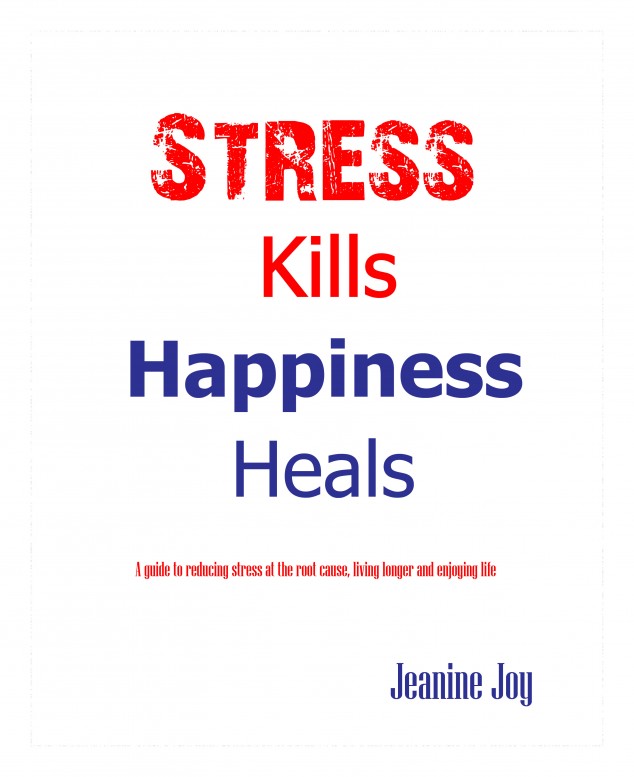Most people have no idea how much stress they should tolerate before taking steps to manage it because we’ve been taught inaccurate information. Most teachers of stress management provide only dose-dependent techniques that do not change the root cause of stress. The root cause of most illnesses, failed marriages, addictions, crimes, wars, career blunders, and other undesired life events is unmanaged stress. Our society does not teach us stress management and it encourages many beliefs and behaviors that make life far worse than it could be. Finally there is a solution. Enough scientific evidence has accumulated to crate a clear picture of the way most of us get in our own way–and of what to do to change it. Your life can be so much better than you’ve ever dreamed it might. The key to greater thriving is between the pages of Stress Kills:Happiness Heals.  Practical and easy to understand information is provided to help you create awareness of how your thoughts, words, and actions impact your life and how to make your life better each day. The results you can achieve are outstanding because the root cause is addressed. For the first time, information from dozens of scientific specialties has been studied to bring the keys to thriving to humanity. While the information is scientifically based with citations that support her findings, the book is written for everyone in language that relates the findings to common situations and events. When stress is reduced, happiness increases. Whether the focus is on reducing stress or increasing happiness, the destination is the same.
Practical and easy to understand information is provided to help you create awareness of how your thoughts, words, and actions impact your life and how to make your life better each day. The results you can achieve are outstanding because the root cause is addressed. For the first time, information from dozens of scientific specialties has been studied to bring the keys to thriving to humanity. While the information is scientifically based with citations that support her findings, the book is written for everyone in language that relates the findings to common situations and events. When stress is reduced, happiness increases. Whether the focus is on reducing stress or increasing happiness, the destination is the same.
Although at 630 pages on an 8 1/2 x 11 frame (almost 4 pounds), the book may look intimidating, it is written in a way that will benefit the average person but also includes citations to research that will appeal to experts in the disciplines discussed in its pages.
There are core chapters that must be read to understand the concepts that lead to greater human thriving but most chapters stand on their own once the core chapters are read.
Sections (and some of the chapters) include:
The Benefits of Happiness, Optimism, and Positivity
- Increased Altruism
- Improved Cognition
- Improved Immune Function
- Better Relationships
- Improved Digestive Function
- Increased Problem Solving Abilities
Background and Current False Premises about Stress and Happiness
- Current and Projected Disease Burden
- Disparate Impact
- Corporate Wellness Goals
- National Prevention Goals
Stress, Health, Wellness, Happiness, and Prevention
- Chronic Stress Implications
- How to Reduce Stress
- Typical stress management methods fail because they are Dose Dependent
- Placebo and Nocebo Effect
Stress and Social Issues
- Child Abuse
- Addictions
- End Bullying
- Discrimination
- Teenage Pregnancy
- Failure to Thrive
- Crime
- Disparate Impact
- Root Cause of, and Prevention of, Senseless Tragedies
Stress and Work
- Business Benefits of Stress Reduction and Increasing Happiness
- Employee Engagement
- Turnover
- Generating Intrinsic Motivation
- Nurses
- See Your Career as a Calling
- How Businesses Can Help
- The Current State of Corporate Wellness Programs/Their Major Flaw

